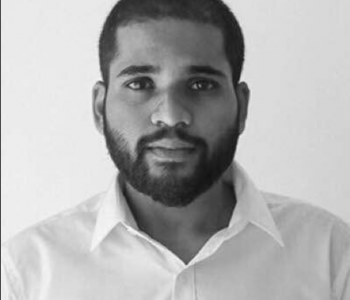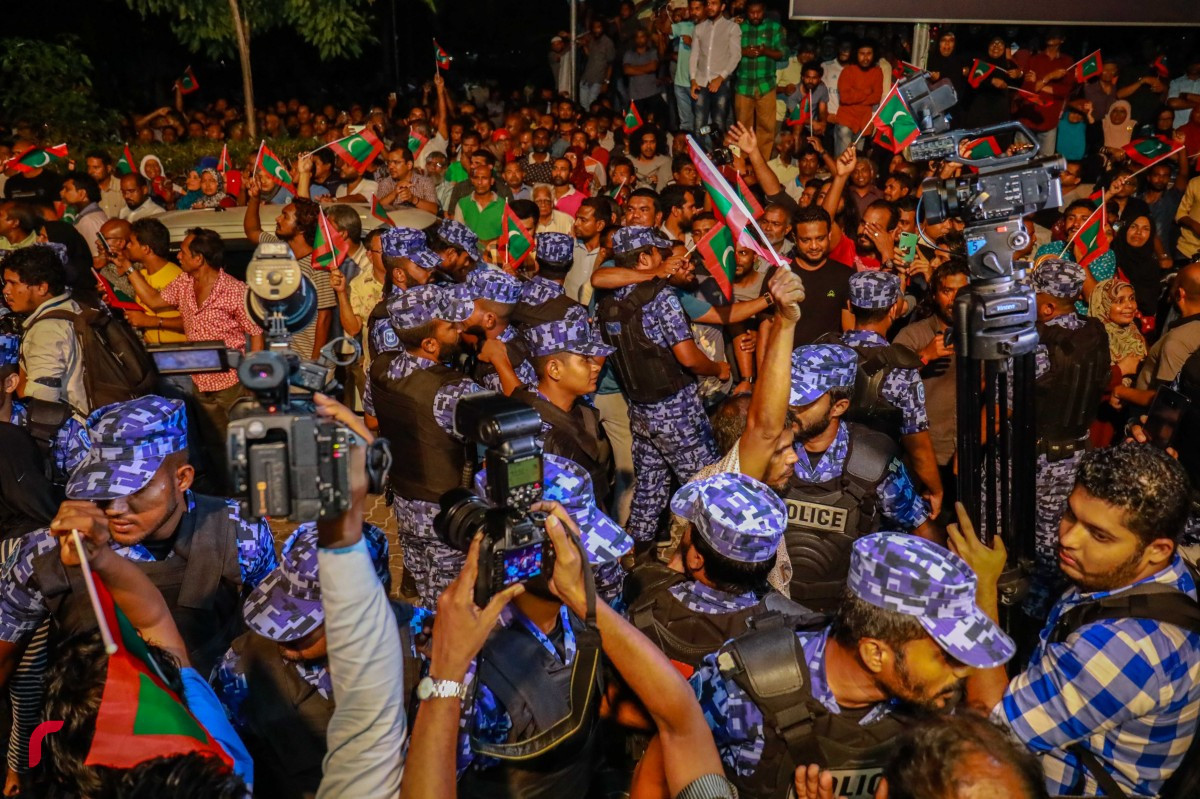Police have asked the public to be 'responsible' in sharing information about detainees


The state of emergency gives them near boundless authority to make arrests
The police have issued a public advisory on spreading and sharing information about individuals who have been arrested or are in state custody.
The advisory asks that journalists, activists, and individuals, who talk about and spread information about those arrested by the police do so ‘responsibly’.
The police have made a number of contentious arrests given the ongoing political conflict in the Maldives, and these have all received considerable attention in the media and on social networking platforms.
Chief Justice Abdulla Saeed and Justice Ali Hameed were both arrested on Monday, and have reportedly been subject to brutal force and intimidation, and have individually been brought to the Indira Gandhi Memorial Hospital since.
The police on Friday arrested two journalists, with the AFP, as well. They are Indian photographer Money Sharma and British journalist Atish Patel.
The state of emergency gives the police near boundless authority to arrest and detained individuals, especially given that President Abdulla Yameen had included Article 48 to be suppressed.
While a state of emergency suppresses a number of constitutional rights, it also ensures that ones central to basic human rights are kept intact – Article 48, as enshrined in the constitution cannot be restricted.
The article ensures that everyone has the right to be immediately informed of a reason for their arrest, to remain silent, and retain legal counsel without delay.